What Does NTC Mean?
Discover the definition of NTC with DXM. NTC, or Negative Temperature Coefficient, is a term used to describe materials whose resistance decreases as temperature rises. In the corporate and technological realms, understanding NTC is crucial for precision in electronic components and systems. At DXM, we emphasize the importance of knowing exactly "what does NTC mean" to optimize efficiencies and innovations. Visit us to explore more technical insights and define NTC in your own context.
- Unveiling NTC: What Does NTC Mean?
- Understanding the Basics: What Does NTC Mean?
- NTC in Electronics: Define NTC Components
- Applications of NTC Thermistors
- Differences Between NTC and Other Thermistors
- How NTC Thermistors Work
- Factors Influencing NTC Thermistor Performance
- Choosing the Right NTC Thermistor
- Testing and Calibration of NTC Thermistors
- Advancements in NTC Technology
- Common Issues and Troubleshooting with NTC Thermistors
- Future of NTC Thermistors
- FAQs about NTC Thermistors
- Conclusion: Grasping the Essence of What NTC Means
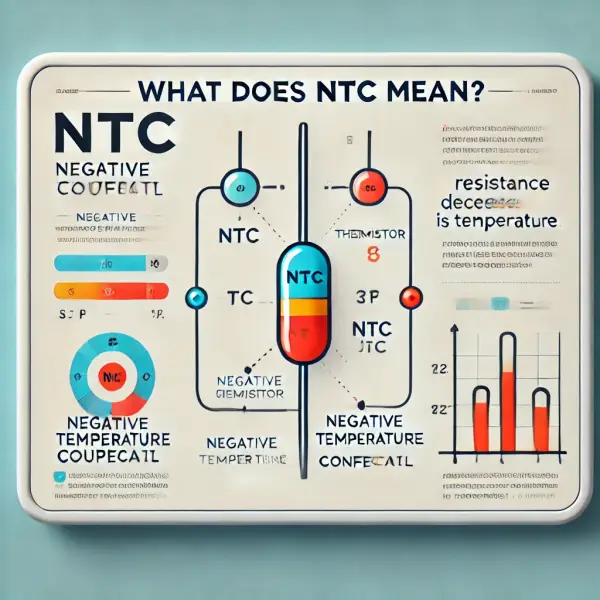
Unveiling NTC: What Does NTC Mean?
Understanding the Basics: What Does NTC Mean?
What does NTC mean? NTC stands for Negative Temperature Coefficient, a property found in resistors where resistance decreases as temperature increases. This characteristic defines NTC thermistors, making them essential in temperature sensing and circuit protection. To define NTC simply, it is a type of thermistor that becomes more conductive as it gets hotter. This makes NTC components ideal for precise temperature control applications.
Engineers and technicians use NTC thermistors in many electronic designs. Their Negative Temperature Coefficient helps ensure accurate temperature readings. Understanding what does NTC mean is crucial for anyone in electronic design or system monitoring. These thermistors are reliable, accurate, and integral to many temperature-sensitive systems.
NTC in Electronics: Define NTC Components
When you define NTC in the context of electronics, it commonly pertains to NTC thermistors – semiconductors with temperature-sensitive resistive properties. As temperature rises, these components exhibit lower electrical resistance. Consequently, they are used extensively in temperature measurement, control systems, and circuit protection, providing accuracy and reliability in various environments.
Applications of NTC Thermistors
Comprehending "what does NTC mean" brings us to its wide range of applications:
- Temperature Sensing: NTC thermistors are quintessential in applications like home appliances and medical devices due to their precise temperature sensitivity.
-Overcurrent Protection: In electrical circuits, NTC thermistors aid in preventing overcurrent by reducing resistance with increased temperature, thus safeguarding components.
- Automotive Industry: They are integral to vehicle engines and battery management systems, ensuring optimal functioning across temperature variations.
Differences Between NTC and Other Thermistors
Exploring the concept "what does NTC mean" requires differentiating it from other thermistor types. Primarily, NTC thermistors contrast with Positive Temperature Coefficient (PTC) thermistors. While NTC thermistors decrease resistance with increasing temperature, PTC types increase resistance, making them suitable for specific applications like overcurrent protection in heaters and motor starters.
How NTC Thermistors Work
To thoroughly define NTC, it's essential to delve into their working mechanism. These components are designed with semiconductor materials that provide predictable resistance variations with temperature changes. This property allows them to be used effectively in circuits where temperature regulation is crucial. Their non-linear resistance-temperature relationship is well-suited for precision temperature measurements.
Factors Influencing NTC Thermistor Performance
Several factors affect the performance of NTC thermistors:
- Material Composition: Different ceramic materials impact the resistance characteristics and temperature range of NTC thermistors.
- Size and Shape: The physical dimensions can influence response time and thermal dissipation.
- Operating Environment: Factors such as humidity and surrounding temperatures can alter resistance characteristics.
Choosing the Right NTC Thermistor
Understanding "what does NTC mean" is crucial when selecting the right thermistor for your application. Considerations include resistance value, tolerance levels, and temperature range. Proper selection ensures optimal performance and longevity, especially in sensitive devices like digital thermometers and HVAC systems.
Testing and Calibration of NTC Thermistors
Testing and calibrating NTC thermistors is vital for ensuring accuracy in applications. Calibration involves aligning the thermistor output with established temperature standards. This process is crucial in maintaining the precision of devices that rely on NTC thermistors for temperature measurement.
Advancements in NTC Technology
As technology evolves, so does the understanding of "what does NTC mean". Innovations in material science are enhancing NTC thermistor performance, offering higher precision and broader temperature range capabilities. These advancements expand their usability in emerging fields like IoT and smart technologies.
Common Issues and Troubleshooting with NTC Thermistors
Despite their reliability, NTC thermistors can encounter issues such as calibration drift and response time variations. Regular testing and maintenance are critical. Understanding potential troubleshooting steps ensures NTC thermistors continue to function effectively in their specific applications.
Future of NTC Thermistors
The future of NTC thermistors is promising, with continuous improvements in their design and functionality. The growing demand for accurate temperature sensing in automated and smart environments is driving innovation. As industries value precision and efficiency more than ever, NTC thermistors remain pivotal components.
FAQs about NTC Thermistors
Q: What does NTC mean?
A: NTC stands for Negative Temperature Coefficient, referring to components whose resistance decreases as temperature increases.
Q: How do NTC thermistors differ from PTC thermistors?
A: NTC thermistors have resistance that decreases with temperature rise, unlike PTC thermistors, which increase resistance with higher temperatures.
Q: Where are NTC thermistors commonly used?
A: They are widely employed in temperature sensing, circuit protection, and automotive applications.
Q: How do I choose the right NTC thermistor for my application?
A: Consider the resistance value, temperature range, and tolerance levels specific to your operational needs.
Q: What are the advancements in NTC technology?
A: Looking ahead, advancements involve higher precision, broader temperature range, and enhanced material stability.
Conclusion: Grasping the Essence of What NTC Means
Understanding "what does NTC mean" is crucial for leveraging its benefits in modern technology. From temperature sensing to circuit protection, NTC thermistors play a vital role across industries. Their evolution continues to promise better performance, keeping pace with technological advancements. As you delve into their world, grasp the significance of NTC thermistors and employ them to full effect in your projects.
Recommended for you
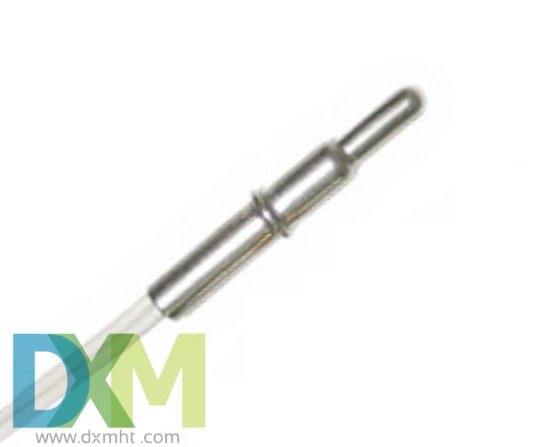
Water Temp Sensor: How to Test it for Reliable Performance?

Capacitor Impedance: Calculation Guide & FAQs
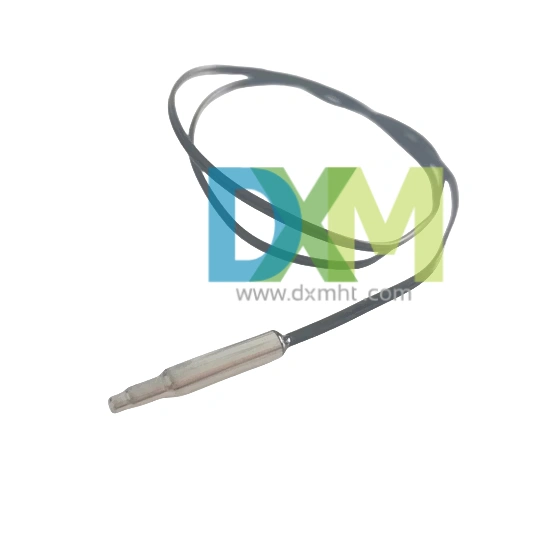
Temperature Probe Sensor: A Comprehensive Guide
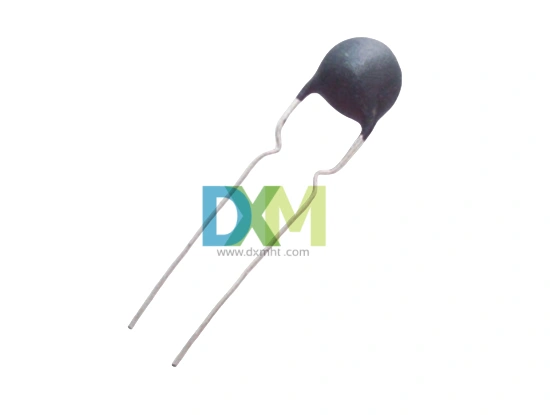
Termistor NTC: What Does a Thermistor Do?

Degausser and Degaussing TV Resistor: A Complete Guide

What is a Temperature Probe? A Comprehensive Guide
Price and Payment
How are the prices of your products determined?
Our product prices are based on a variety of factors, including order quantity, customization requirements, and market competition.
Are invoices provided?
Yes, we provide legal invoices that can be used for reimbursement and accounting records.
Do you offer bulk purchase discounts?
Yes, we offer bulk purchase discounts; the specific discount rate depends on the order quantity and cooperation method.
What’s the Minimum Order Quantity (MOQ) and Minimum Order Amount (MOA)
MOQ: 10000PCS
Customized Services
Free sample availability
You can contact our representative via email, fax or phone to specify the sample you need and provide your courier's account number (such as UPS, FedEx, DHL, TNT, etc.).. And we’ll send you samples free of charge through your courier by freight collection.
You may also like

KTY83-110 Sensor with Silicon Glass Thermistor

Bracket Type NTC Thermal Sensor MF52X for Precise Temperature Measurement
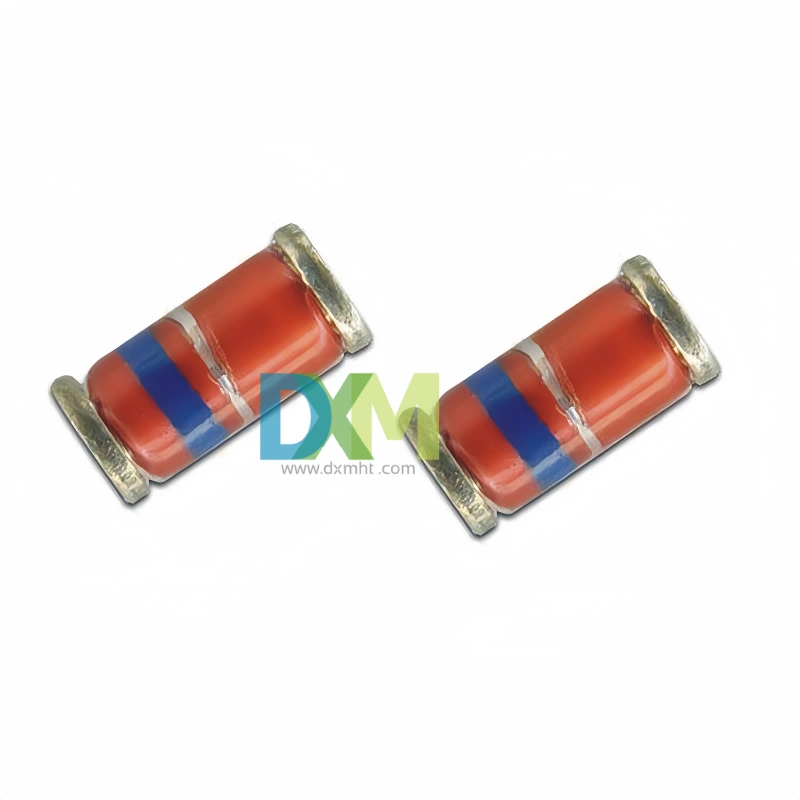
Glass Thermistors MF58E for High-Precision Applications
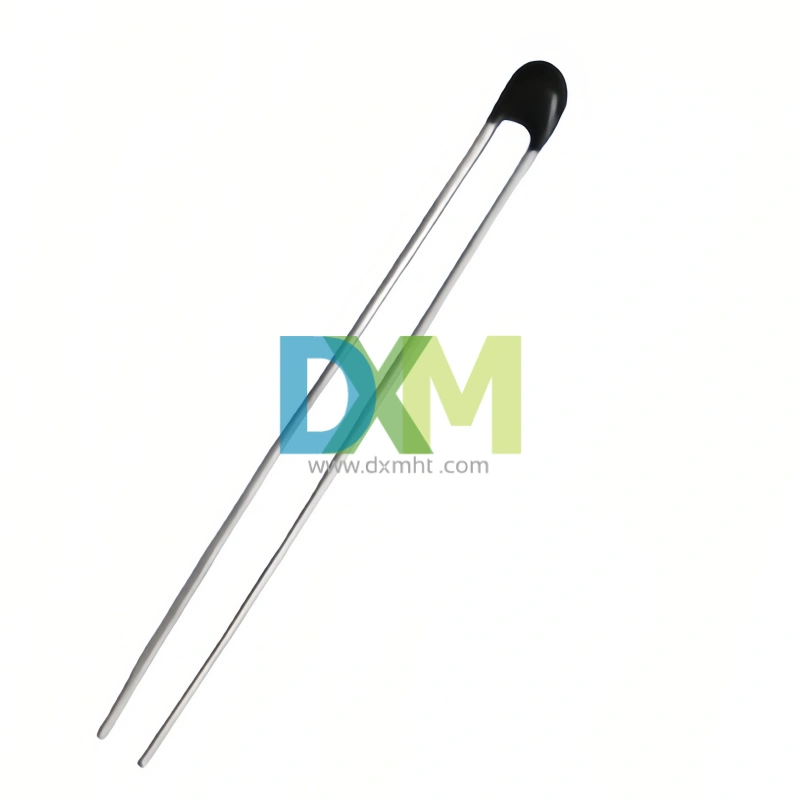
High Precise NTC Sensors for Temperature Measurement and Control
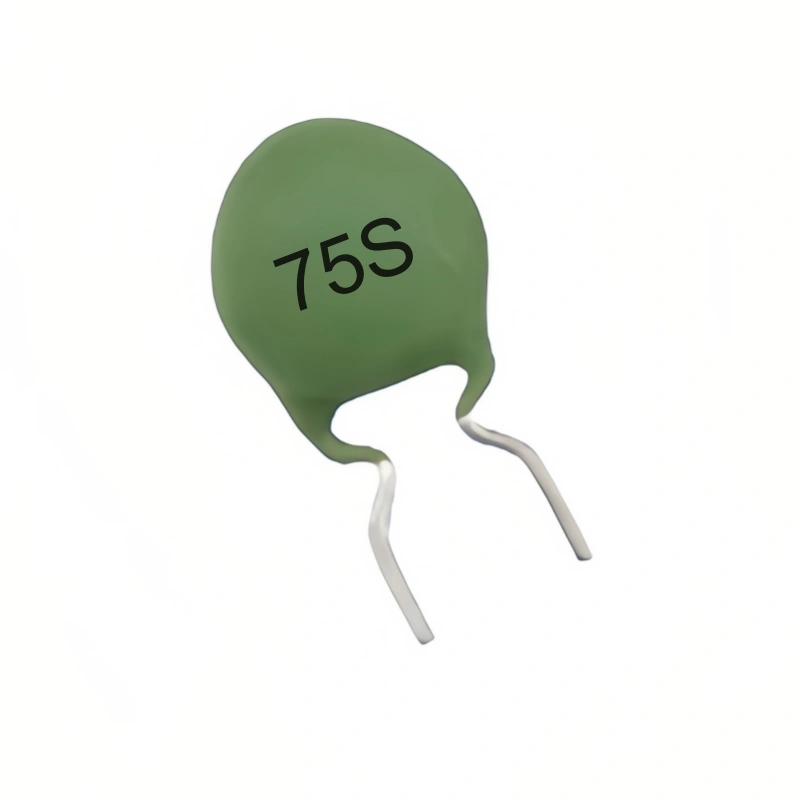
WMZ12A 75S PTC Thermistors for Over-Current and Over-Load Protection
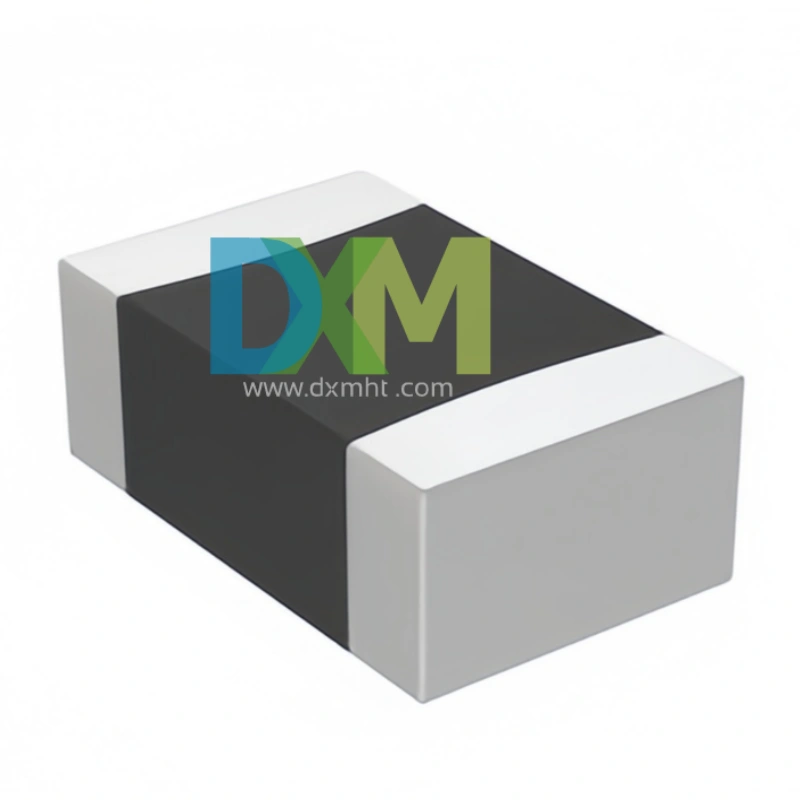
SMD Sensors: Advanced Temperature Sensing Excellence
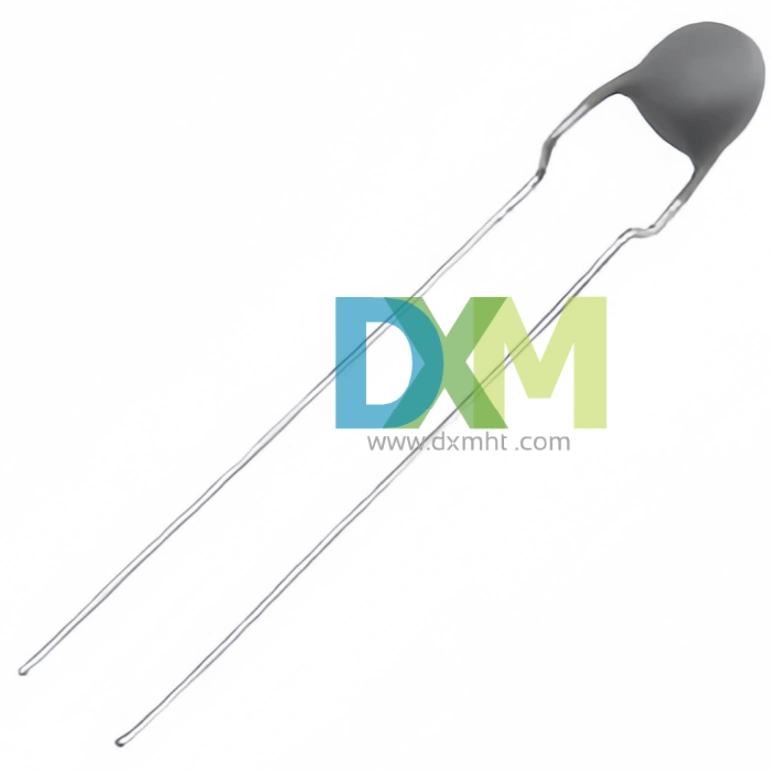
Thermistor PTC MZ11 Series for Light Efficient Design
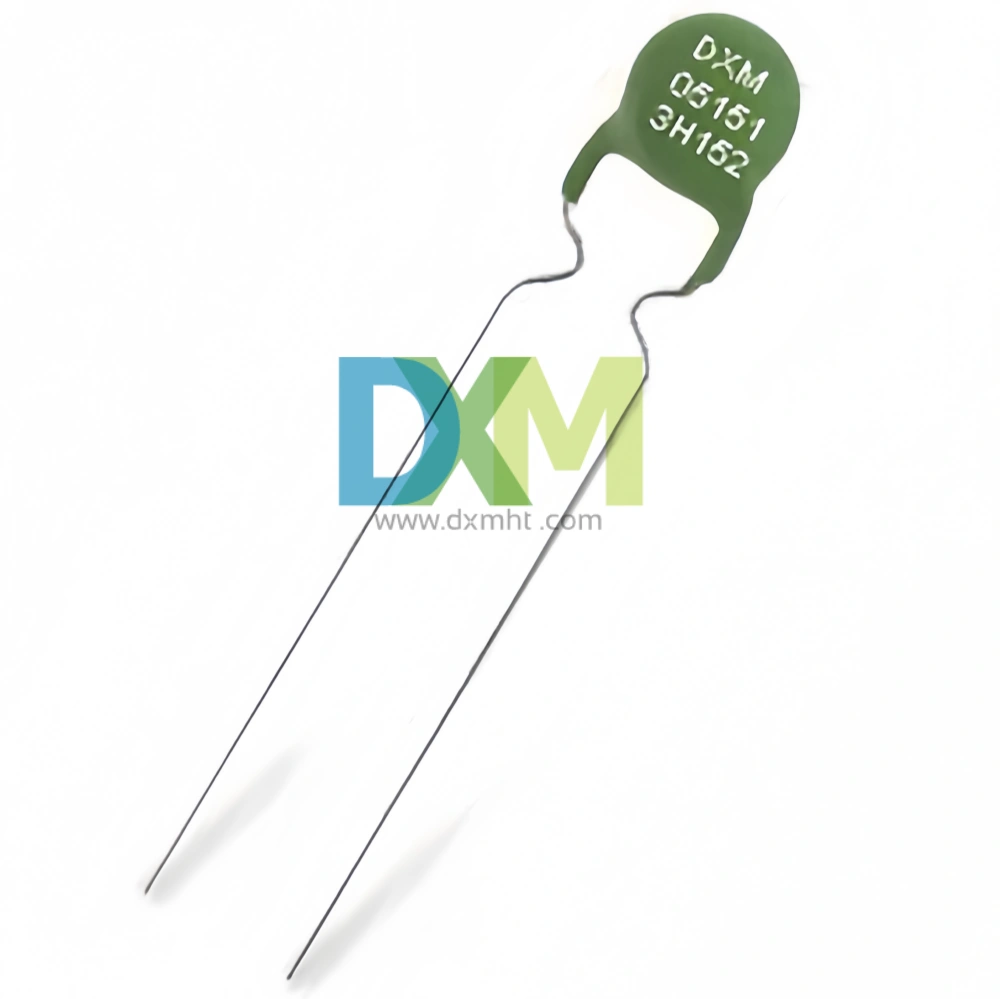
PTC Thermistors for Ballast Electronic and Energy Saving Lighting Intelligent Preheat Start MZ12 | DXM
Get in Touch
Discover premium thermistors, sensors, and resistors tailored to your needs.Our dedicated team of experts is available to assist with product selection, technical queries, and after-sales service. Contact us for custom solutions and experience exceptional customer support.
© 2024 DXM | Designed by gooeyun

 Scan QR Code
Scan QR Code
Scan QR Code
Whatsapp: +8618927361658
Shenzhen DXM Technology Co., Ltd.
DXM PTCNTC
Shenzhen DXM Technology Co., Ltd